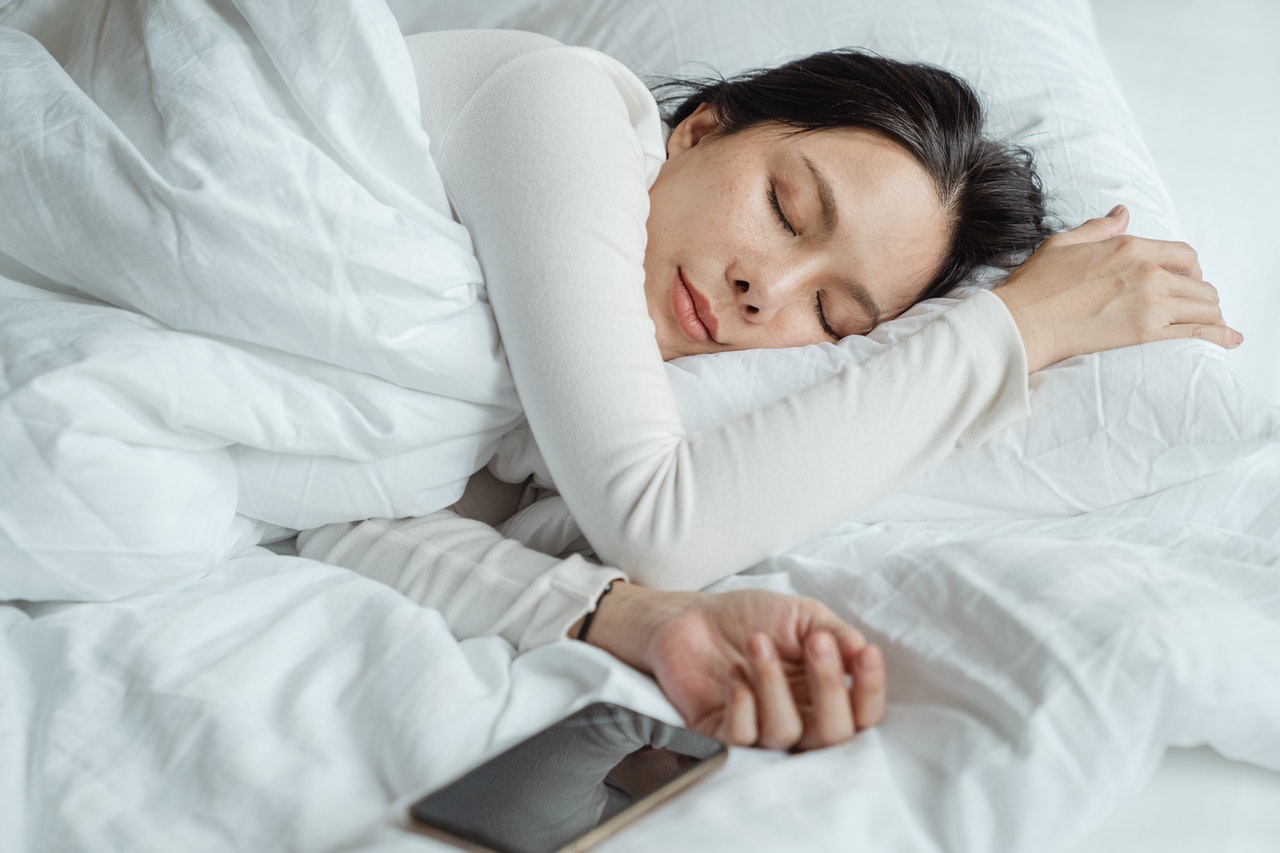Table of Contents Show

1. Establish a Sleeping Routine
This is the first and the most important step in achieving better sleep quality. To avoid insomnia, one should establish a sleeping routine by going to bed at the same time during the night and getting up the same time in the morning. Avoid “sleeping in” during the weekends.
As tempting as it may sound, this can lead you to sleep later in the night, making it more difficult to wake up early in the morning. This often disrupts your sleep cycle. The rule of the thumb is to avoid sleeping at least 8 hours before your scheduled bedtime.
Read Also:
2. Get Physical!
No matter how busy your schedule is, exercise daily – even for just twenty to thirty minutes daily. Exercise has been proven to help people get better sleep, though you should avoid doing this right before your bedtime.
To get better results, schedule your workout routines at least 5-6 hours before your scheduled bedtime. AVOID working out 2 hours before going to bed.
3. Ditch Nicotine, Alcohol, and Caffeine
Avoid stimulants such as alcohol and caffeine. These will keep you up at night. Examples of drinks that may contain caffeine may include but are not limited to chocolate, coffee, tea, a few pain relievers, soda/soft drinks, and even weight loss drugs. However, if the problem is severe, you can Kaufen Pentobarbital.
Some smokers may also experience light sleep and often end up waking up early in the morning because they’re experiencing nicotine withdrawal.
Alcohol, on the other hand, keeps you in your lighter state of sleep, making it harder for you to reach your deep sleep.
If at all possible, avoid these things 6 hours before your scheduled bedtime. Also, avoid eating large meal proportions 2 hours before going to bed.
4. Come Up with a Soothing Bedtime Routine
Think of something that soothes you. It can be a warm bath, or a warm cup of wellness tea, or meditation. Doing this every night lets allows you train your brain that your body is ready to go bed.
5. Wake Up, Sunshine!
As much as possible, wake up when the sun has started to rise or if the sky is bright. Did you know that sunlight plays a crucial role in helping you reset your internal biological clock daily?
According to most sleep experts, getting exposed to the sun at least an hour every day can significantly help people who are having sleep troubles.
6. Don’t Lie Down in Bed for Long
If you’re having problems sleeping, get up and don’t stay in bed. Read a book, watch some TV, listen to relaxing music until you’re ready to go to bed.
Staying in bed and not being able to sleep causes anxiety and may actually be a contributing factor for you to experience insomnia. As soon as you feel sleepy, get back to bed.
7. Get the Right Temperature and Set the Room Ambiance
Make sure that your room temperature is comfortable for you. Avoid extreme cold and hot temperatures that could disrupt your sleeping patterns. Additionally, you need to make sure that you sleep in a quiet and darkroom as much as possible.
Most importantly ensure that your mattress is comfortable and supportive, check out these Bear mattress reviews. Avoid leaving the radio or television on whenever you try to sleep.
8. Get Used to Sleeping in the Dark
According to recent studies, sleeping in a dark room has been proven to help promote deeper and better sleep quality. Even the slightest bit of light can affect your sleep quality in general.










